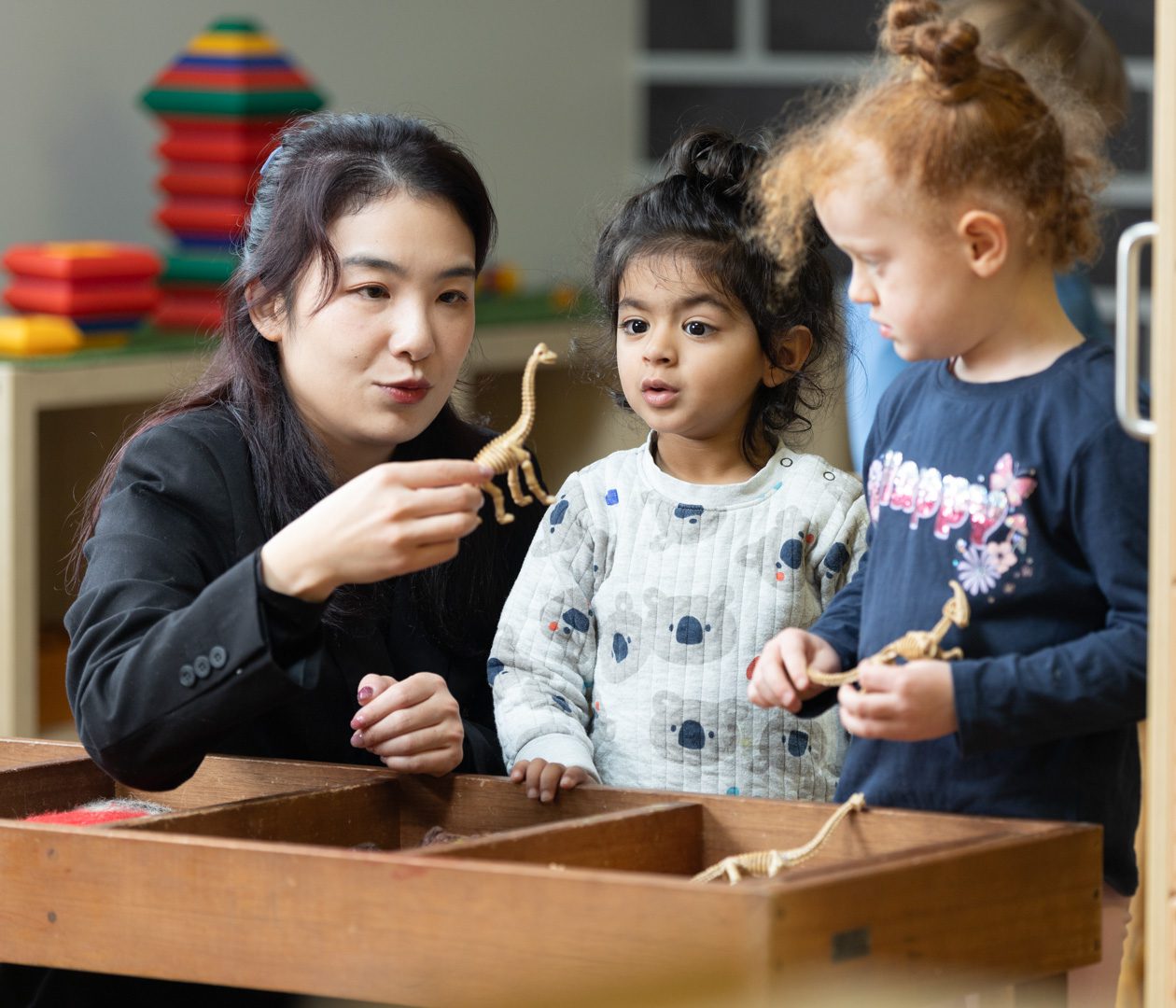
At Kids Academy Early Learning, we believe that teaching children to respect and embrace cultural diversity is essential to their growth. Our goal is to create an environment where children learn the importance of inclusivity, understanding, and respect for different cultures. Through engaging activities that celebrate various cultural traditions, languages, and histories, we help children develop a strong foundation for interacting in an increasingly diverse world. Here’s how we approach teaching respect for cultural diversity at Kids Academy.
Why Teaching Respect for Cultural Diversity Matters
Research shows that children who grow up in diverse environments develop empathy, social skills, and a strong sense of self-awareness. Studies from the National Association for the Education of Young Children (NAEYC) reveal that children who learn to appreciate different cultures gain valuable social-emotional skills that support their personal development and relationship-building. When children understand and respect the diversity around them, they build positive relationships and learn to value the uniqueness of every individual.
How Kids Academy Embraces Cultural Diversity
1. Celebrating Cultural Traditions
We celebrate a variety of cultural events throughout the year to introduce children to diverse customs and traditions. Events like Diwali, Lunar New Year, and Waitangi Day offer children opportunities to explore cultures beyond their own. During Diwali, children might participate in creating beautiful rangoli art and learning about the festival of lights. Lunar New Year celebrations could include lantern-making and discussions about family traditions. For Waitangi Day, we introduce children to the significance of New Zealand’s heritage, fostering respect and understanding for the Maori culture. These celebrations not only encourage curiosity but also help children develop a deeper appreciation for the values and practices of different communities.
2. Learning Through Our Partnership with Wandana Aboriginal Education
Our partnership with Wandana Aboriginal Education brings authentic Aboriginal and Torres Strait Islander learning into Kids Academy centres. Through interactive storytelling, language lessons, and cultural activities, children gain a respectful understanding of Australia’s First Nations history and values. This partnership helps children connect with one of the world’s oldest living cultures, fostering a sense of pride, respect, and inclusivity. When children learn about Aboriginal and Torres Strait Islander traditions, they begin to see cultural diversity as an integral and enriching part of their own identity and community.
3. Incorporating Diverse Learning Materials
Kids Academy classrooms are filled with diverse learning materials that represent a wide range of cultures, languages, and histories. From storybooks that share tales from around the world to music that introduces children to different languages, these materials create an environment where diversity is celebrated daily. Studies show that exposure to different languages and stories in early childhood not only supports cognitive development but also builds cultural awareness. By learning through these resources, children at Kids Academy can experience the richness of global cultures in ways that are meaningful and fun.
4. Multilingual Exposure and Inclusive Language
Language is a powerful tool for understanding and respecting cultural diversity. Our educators incorporate words and phrases from different languages into daily activities, giving children a taste of linguistic diversity. For example, children might learn simple greetings in Mandarin during Lunar New Year or words in Te Reo Maori around Waitangi Day. These small but impactful practices teach children that languages are a reflection of culture, enhancing their understanding and respect for diverse backgrounds.
5. Engaging Families in Cultural Celebrations
At Kids Academy, we believe in involving families in our cultural celebrations to create a true sense of community. Families are invited to share stories and traditions that reflect their cultural backgrounds. These experiences allow children to see cultural diversity firsthand and foster a respectful learning environment. Research from the Harvard Graduate School of Education shows that children who see their families engaged in cultural learning gain a strong sense of pride in their own identities, which helps them appreciate and respect others.
Frequently Asked Questions (FAQ)
Celebrating Diversity Every Day at Kids Academy
At Kids Academy Early Learning, we are committed to creating inclusive environments where children feel safe, respected, and encouraged to explore the richness of diverse cultures. By teaching respect for different traditions, languages, and histories, we help children build an enduring appreciation for diversity that will benefit them throughout their lives. Through engaging activities, family involvement, and authentic cultural education, we strive to make every child feel valued and connected to their community.
Discover how Kids Academy’s commitment to celebrating diversity supports your child’s growth. Find your nearest Kids Academy and book a tour to learn more!